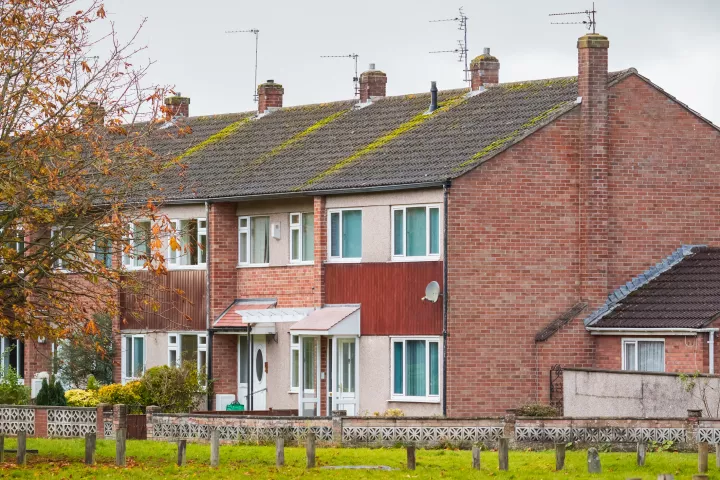Homelessness Awareness Week is a week of social, educational and awareness raising events that aim to help raise awareness of the reality of homelessness in Northern Ireland.
This year, Homelessness Awareness week takes place Monday 4 to Sunday 10 December, and seeks to challenge stereotypes that surround homelessness and highlight the work of the homelessness sector in Northern Ireland.
This years theme is ‘Turning the Tide’ and we hope to highlight how Housing Rights services have helped turn the tide for people facing homelessness or impacted by housing problems.
Housing Rights for Young People prevents young mum from becoming homeless: Hannah’s story
Hannah, a young single mum, had rented from a private landlord for a few years. She moved out of her flat, where she lived with her daughter, as she was struggling to afford the rent.
They moved in with a good friend who was a social tenant, renting from the Housing Executive. Her friend agreed that they could stay there as long as they needed. However, a short time after they moved in, Hannah’s friend sadly passed away.
According to the law in Northern Ireland, a person can inherit or succeed to a social tenancy if they are the tenant’s family and have been living there for at least a year. But this didn’t apply to Hannah, so the social landlord couldn’t keep her as a tenant.
But things got worse. When she approached the Housing Executive for help, they told her they believed she ‘intentionally’ made herself homeless by moving out of her flat. This meant she wasn’t entitled to temporary accommodation.
With no other family or friends to help, not only would Hannah have to move out of her friend’s home but she was also facing living on the street with her daughter.
A caseworker from Housing Rights’ specialist service for young people took on Hannah’s case. They worked on her behalf and challenged the Housing Executive’s decision.
The caseworker provided evidence that the only reason Hannah left her flat was because she could not afford the rent. They argued that, under homelessness law in Northern Ireland, Hannah was not intentionally homeless.
After several weeks advocating for Hannah, the Housing Executive reversed its decision. They awarded her ‘full duty applicant status’, meaning that they recognised she was homeless through no fault of her own and they had a legal duty to help her.
This new decision meant Hannah and her daughter could move into temporary housing. Hannah is now awaiting an offer of a permanent home and she and her daughter are no longer at risk of homelessness.
Our advisers can help if you or someone you work with is homeless, at risk of becoming homeless, or has a housing problem. Get in touch.
Reaching resolutions through mediation: Robert and Tim's story
Robert had been renting privately for a while and was happy in the property. He had some mental health issues that meant he was unable to work. Like many private renters, Robert’s benefits didn’t cover his full rent and he was struggling to pay for his home, he had fallen into arrears.
Robert’s landlord Tim had told him that he would be evicted if he continued to not pay full rent and if the arrears weren’t addressed.
Robert contacted Housing Rights mediation service as he was keen to stay in his home and wanted help in coming to an agreement with his landlord. Due to his mental health, he was having trouble coping with the situation and was getting help from his support worker.
Robert and Tim both agreed to engage in a face-to-face mediation session. During these sessions, the mediator will help both parties talk through their issues to try to come to an agreement that works for everyone.
Before the session, the mediator arranged for Robert to get further advice on housing benefits from a Housing Rights adviser. Our adviser established that Robert wasn’t getting the full benefits he was entitled to and helped him to apply for extra housing benefits. These included:
- Rate rebate to help pay for the rates on the home
- A Discretionary Housing Payment from the Housing Executive to help with the shortfall between his benefits and his rent
It was explained to Tim that Robert would now be getting extra financial help toward his rent, but it would take a few weeks for the benefits to be processed. Tim agreed to wait, and Tim and Robert, with the help of the mediator, came to an arrangement on paying the arrears.
The Housing Mediation service helped Robert and Tim find a solution that worked for them, and Robert was able to stay in his home.
Housing Rights' Housing Mediation Service can help solve disputes in private rented tenancies. This service is for private tenants, private landlords, letting agents.


